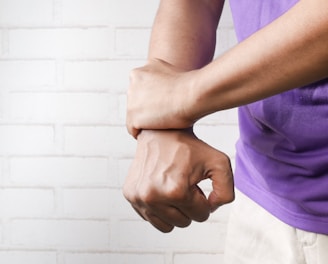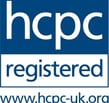Orthopaedic
Arthritis: Inflammation of the joints causing pain and stiffness.
Bursitis: Inflammation of the small sacs of fluid (bursae) that cushion and lubricate areas where tissues rub against each other.
Fractures: Breaks in the bone that can result from trauma or conditions like osteoporosis.
Paget’s Disease of the Bone: A chronic disorder that can result in enlarged and misshapen bones.
Scoliosis: A sideways curvature of the spine that occurs most often during the growth spurt just before puberty.
Kyphosis: A forward rounding of the back that can occur at any age.
Paget’s Disease of the Bone: A chronic disorder that can result in enlarged and misshapen bones.






















